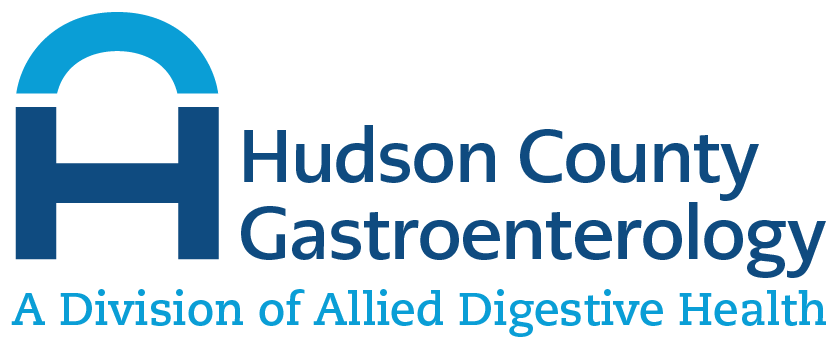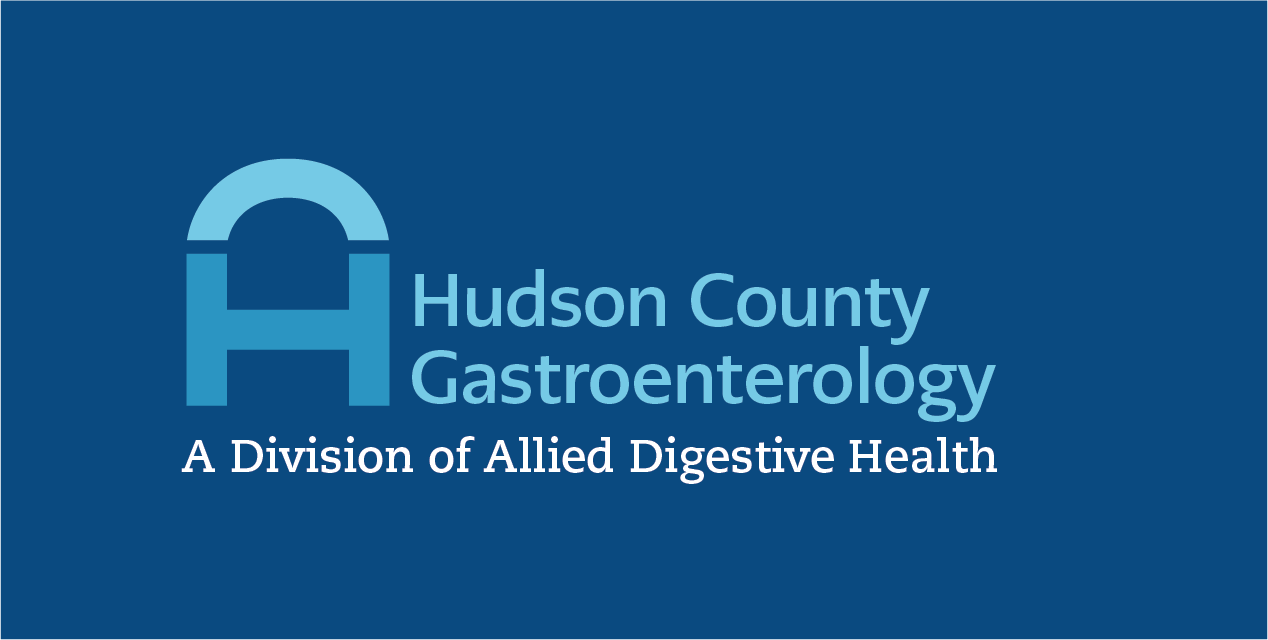Clostridium difficile infection (CDI) is an infection in the colon that causes a diarrhea syndrome. It is caused by a toxin-producing bacteria called Clostridium difficile. The disease ranges from mild diarrhea to severe colon inflammation that can even be fatal. CDI usually occurs when people have taken certain antibiotics that kill protective normal colon bacteria that then allow the C. difficile bacteria to grow and produce its toxins. This bacterium is everywhere in the environment and produces spores that are hard to get rid of. Since 2000, there has been a dramatic increase in the number and severity of cases of C. difficile infection (CDI) in the US, Canada, and other countries.
The main risk factor for CDI is taking antibiotics in the previous several weeks to months. High-risk antibiotics include clindamycin, cephalosporins, and quinolones (e.g., ciprofloxacin). Other risk factors are older age, compromised immune system, other illnesses such as chronic colitis, and being in a hospital or a long-term care facility. However, even healthy individuals who have not had antibiotics can develop CDI.

